Understand the Risks of Modern Slavery in Supply Chains
Working together to identify and understand the risks of modern slavery, including in operations and supply chains, is a critical step toward addressing world-wide modern slavery and related practices.
Modern Slavery Laws
The introduction of the UK Modern Slavery Act in 2015, and more recently the Australian Modern Slavery Act 2018 (Cth) (Modern Slavery Laws), require businesses to do more to address risks of modern slavery. The Modern Slavery Laws require large organisations to lodge annual statements which explain what businesses are doing to assess and address risks of modern slavery in operations and supply chains. The Modern Slavery Laws are designed to (amongst other things) increase business awareness of modern slavery risks and improve transparency across global supply chains. In addition, the UN Guiding Principles on Business and Human Rights outline that businesses have a responsibility to respect human rights, which includes acting to prevent, mitigate and where appropriate remedy modern slavery within operations and supply chains.
Purpose Of The SAQ
This self-assessment questionnaire (“SAQ”) is designed to:
• Support the identification of modern slavery risks;
• Foster collaborative efforts between suppliers and organisations to address these risks;
• Improve transparency; and
• Identify areas for further due diligence.
This SAQ was developed through extensive consultation between resources, mining and energy industry organisations. Addressing modern slavery risks is a business-critical issue, as not only is it the right thing to do, it will also improve the integrity and quality of business operations and supply chains.
Frequently Asked Questions: Industry SAQ ▼
How to Complete the SAQ
Please answer all questions. Completing this SAQ honestly and transparently will allow us to work together to address identified risk factors in the supply chain.You are encouraged to share this completed SAQ with any organisation that requests similar due diligence information. We will not share your completed response to the SAQ without your prior written consent
Modern slavery refers to situations where one person has taken away another person’s freedom, so they can be exploited.
There are an estimated 40 million victims of modern slavery globally. Civil society estimates that modern slavery affects every country, region, business and for many businesses – their supply chains. The introduction of the UK Modern Slavery Act (2015) and the Australian Modern Slavery Act 2018 (Cth) require that businesses do more to address risks of modern slavery within their own organisations and supply chains. These laws are intended to increase business awareness and improve transparency of modern slavery risks across domestic and international supply chains.
SAQ means “Self-Assessment Questionnaire”. The SAQ is designed to assist suppliers to identify types of modern slavery related risk, collaborate with customers to address these risks, improve transparency across shared supply chains and identify areas for further due diligence. The SAQ has been split into two sections with Part A focusing on supplier’s details and Part B on the risk assessment. All questions must be completed.
Yes, the SAQ has been translated into Chinese, Spanish and Portuguese. Please contact your customer procurement representative if you require a non-English version.
Recognising the industry has shared supply chains, we designed a common SAQ to promote efficiency and reduce the reporting burden for suppliers who will likely receive requests from their customers on modern slavery. By agreeing to a comming SAQ, it is anticipated this will reduce any duplication of efforts, minimise the cost of compliance and provide clarity to suppliers by using consistent terminology.
The implementation approach will be determined on a case by case basis with consideration of factors such as the size of the supplier base and supplier risk profile. The initial phased rollout may result in selected suppliers being requested to complete the questionnaire at different times.
We expect for most suppliers, it will take 10 to 15 minutes to complete, as many questions require a simple “yes/no” response, and only selected questions require detailed descriptions. It may take longer for suppliers completing the SAQ for the first time.
Yes. We expect you will need additional space to respond to certain questions, so please do annex supporting documents with your completed SAQ as required.
No. The SAQ has been designed in a collaborative manner between the participating companies in consideration of applicable domestic and international competition laws.
A completed SAQ will not be shared amongst the participating companies without your prior written consent. However, you are encouraged to share the completed SAQ with any participating organisation that requests similar due diligence information.
Yes. This SAQ has been designed to be used and shared by any company across any industry. We encourage any company to use this template SAQ to identify modern slavery risks within your own supply chain. As this is a newly issued SAQ and being piloted, there may be changes to the document when it is reviewed in mid 2020. If you have feedback or improvement suggestions, please communicate these to your procurement representative.
Suppliers should regularly review the SAQ and make updates if there are changes in your business. The SAQ’s review period will be at the discretion of the requesting customer. If you are aware of any changes to your answers, please promptly notify your procurement representative.
The SAQ is not designed to “pass or fail” suppliers. Rather, the purpose of the SAQ is to identify modern slavery risks within your and your supplier’s supply chains as well as to identify any remediation efforts to address these issues in a sustainable manner.
Please speak to your procurement representative, who can provide you with details of next steps after you complete the SAQ. The next steps will vary from company to company.
The following companies contributed to the development of this SAQ through a collaborative
working group designed to address modern slavery risks in businesses and their supply chains:
• Anglo American
• CITIC Pacific Mining
• Fortescue Metals Group
• Gold Fields
• INPEX
• Iluka Resources
• South 32
• Synergy
• Western Power
• ATCO
If you have any other questions, please speak to your procurement representative.





